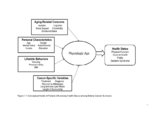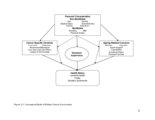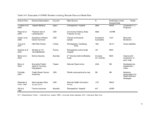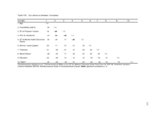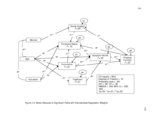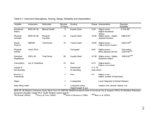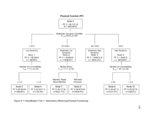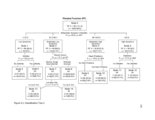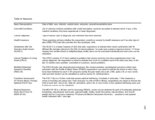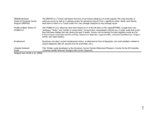| Description |
The majority of survivors of cancer are 65 years of age or older and yethistorically, cancer research has not been inclusive of older patients. The expected exponential growth in elderly survivors in the near future has increased concerns regarding the appropriate care for this population. The purpose of this study was to describe and explore associations and interactions among personal, cancer, aging, and symptom variables relative to physical function in elderly breast cancer survivors. A conceptual model was created to combine gerontology and oncology perspectives. This project incorporated three complimentary analytic strategies to explicate the model (descriptive analyses, path analysis and Chi Square Automatic Interaction Detection or CHAID). A secondary analysis using the 2003 American Cancer Society Study of CancerSurvivors II survey was conducted. Female breast cancer survivors 70+ (N=759) were selected and described. The mean age was 77.37 years with 80.9% Caucasian, 80.3% high school educated, and 61.5% reporting two or more co-morbid conditions (x̄ =2.29). The most frequently reported symptoms were fatigue related. Path analysis indicated that high levels of symptom bother (β= -.42) and comorbidities (β = -.21) were strongly associated with lower physical function. The model demonstrated excellent fit with the data. In the CHAID analysis survivor subgroups with higher levels of symptom bother, more reported comorbid conditions, and those who were widowed or divorced had lower levels of physical functioning. These findings complement the accumulating knowledge relative to elderly cancer survivorship. There is a growing need for nurses who have expertise in gerooncology survivorship. Specific attention to symptom reports and comorbidity among survivors can guide identification of subgroups with functional declines. Further investigation is warranted to expand this type of analysis to larger samples, additional diagnoses and more inclusive samples. A gero-oncology survivorship model may direct future research for this growing population and provide a way to identify vulnerable elders, tailor treatment, plan interventions for the purpose of preventing decline into frailty or the development of geriatric syndromes in elderly cancer survivors. |






















